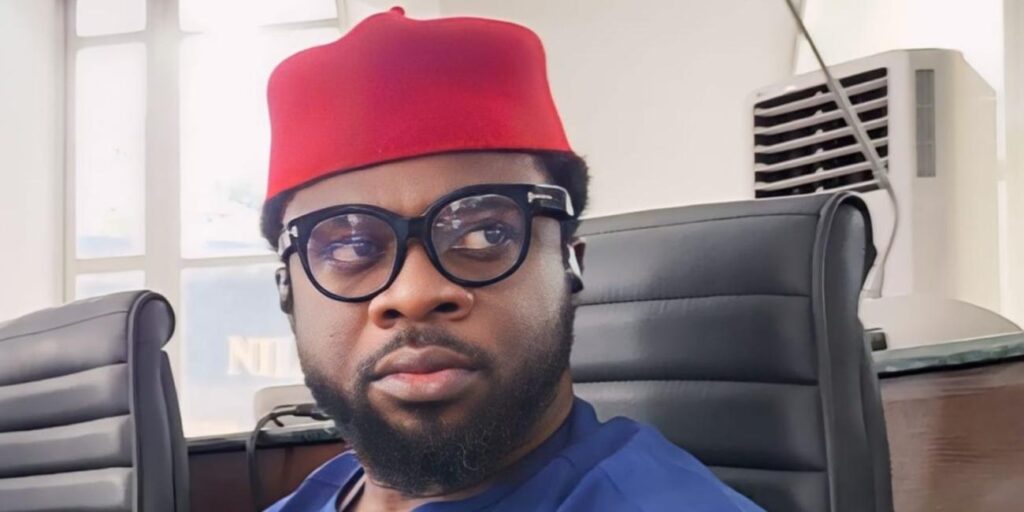The justice system is a very important part of any democracy. It helps keep law and order, protects people’s rights, and solves problems between individuals or groups.
But in Nigeria, many people believe the justice system is no longer working well. It faces many problems such as corruption, slow processes, limited access, and poor facilities.
These issues make it hard for people to get fair treatment. Let’s look at the main problems, how they affect the country, and some ways to fix them.
Corruption:
Corruption is a big issue in Nigeria’s legal system. From the police to judges, some people take bribes or do favors for money. This makes it hard to get fair judgments unless you have money or connections. Poor people often suffer because they cannot pay for justice.
Slow and Weak System:
The courts have too many cases and not enough resources. Some cases take many years to finish. Outdated laws and poor record keeping also slow things down. Many records are still kept on paper, which leads to lost files and mistakes.
Hard to Access Justice:
Many Nigerians cannot afford lawyers. Some don’t even know their legal rights. Legal help is hard to find, especially in rural areas. Because of this, many people don’t bother going to court at all.
Terrible Prison Conditions:
Prisons are overcrowded and badly managed. Many people stay in jail for years without being tried. This is not only unfair but also breaks their basic human rights. There are also very few programs to help prisoners return to normal life.
Rising Crime and Insecurity:
As violence and crime increase, the justice system is struggling to keep up. Police and courts often can’t handle the number of cases. Victims may be too scared to speak up, and some criminals go free, which weakens trust in the law.
How These Problems Affect Everyone
- Loss of Trust:
People no longer believe in the legal system. Many avoid going to court because they think it’s corrupt or useless. This creates a society where people take the law into their own hands. - More Inequality:
Poor and rural communities suffer the most. Without access to justice, they become more vulnerable to abuse, poverty, and marginalization. - Economic Impact:
Foreign investors want to do business in countries with strong legal systems. A broken justice system scares them away and hurts Nigeria’s economy.
What Can Be Done
- Stronger Institutions:
The government needs to train and pay justice workers better and punish corruption. Creating independent bodies to monitor courts and police can help too. - Better Access to Legal Help:
More legal aid clinics should be set up. People also need to learn about their rights through awareness programs, especially in rural areas. - Use of Technology:
Digitizing court records and allowing online case filing can make the system faster and more organized. - Respect for Human Rights:
Prisons must be improved. Detainees should be treated fairly, and programs should help them reintegrate into society. - Community Involvement:
Involving communities in conflict resolution through local courts or mediation can reduce pressure on formal courts and build public trust.







